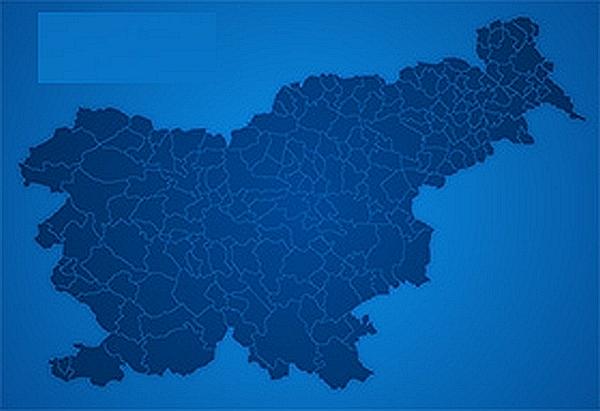

The European funds are spent on building roads, water distribution systems, sewage systems, and other infrastructure. The money is invested into improving tourist offer and economic situation, for reconstruction of schools, building emergency centres etc. Hardly any municipality can be found without a project realized with the help of European funds – most often in the form of regional development programmes.
The most active on this field are the municipalities of Maribor, Slovenska Bistrica and Celje in the Eastern Slovenia region, and Kranj, Koper and Komen in the Western Slovenija, explains the Ministry of Economy acting as an intermediary for the funds for regional development, as the local communities (municipalities) most frequently request for the funds based on this programme.
According to the Ministry, in the financial period 2007-2013 the most funds (approximately one third) from the Strengthening Regional Development Potentials Programme were dedicated to construction and reconstruction of water distribution systems, construction of wastewater treatment plants, and sewage systems.
No money means no tenders – and no European funds
Slovenia is however still falling behind where drawing of European funds is concerned. There are different reasons – from the fact that in order to realize a project, at least 15% of own resources is needed, the money which especially smaller municipalities lack, at least when really large projects are at stake. The next problem are failed attempts to draw funds – for different reasons, which means that the municipalities have to refund the money (if they are capable of it), and the consequence is they run out of money for new investments. The most notorious are cases when the state or the relevant Ministries »fail«, either by not helping with the promised funds, or by not remitting the money the municipalities are entitled to based on the projects, and which Brussels consequently »repays« to individual Ministries.
The Ministry of Economy considers itself relatively successful in representing municipalities in contending for European funds – they strive for 100% fund draw, and according to the report for the period 2007-2013 they are indeed succeeding. 92,41% of contractual funds have been signed within all the programmes for drawing European funds.
Bureaucracy, the eternal Slovenian cross to bear
Yet in spite of not so very bad (but not too good either) statistical data regarding procedures for acquiring European funds, municipalities are not satisfied. They keep warning that the system is too bureaucratic, and that the state is not capable of responding quickly. The same evaluation has already been given several times by the European Court of Auditors, often emphasizing in their reviews that our procedures are too complicated, that they take too long, and that – in fact smaller, but still inadmissible – mistakes are being made.
Tanja kozorog Blatnik, MMC
Translated by G. K.

































































